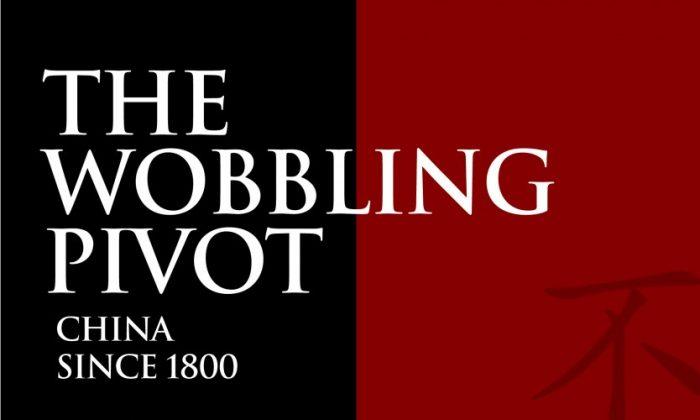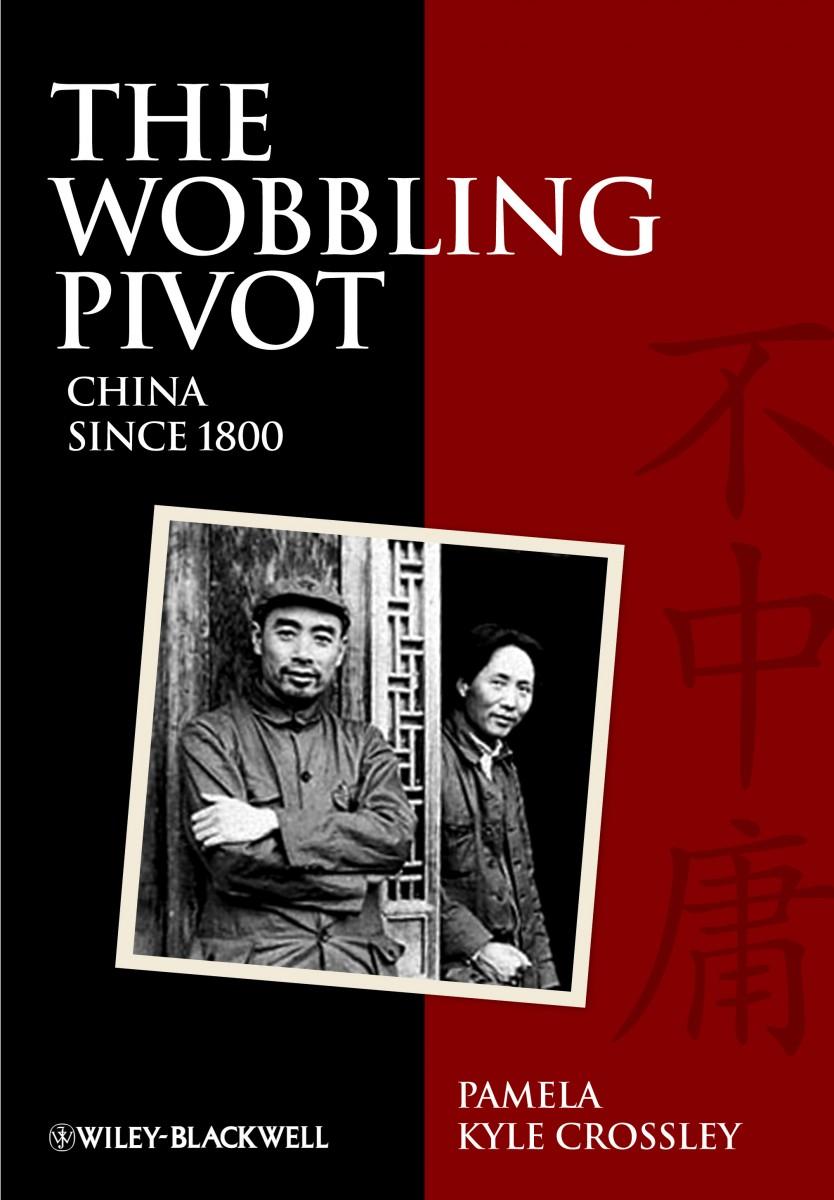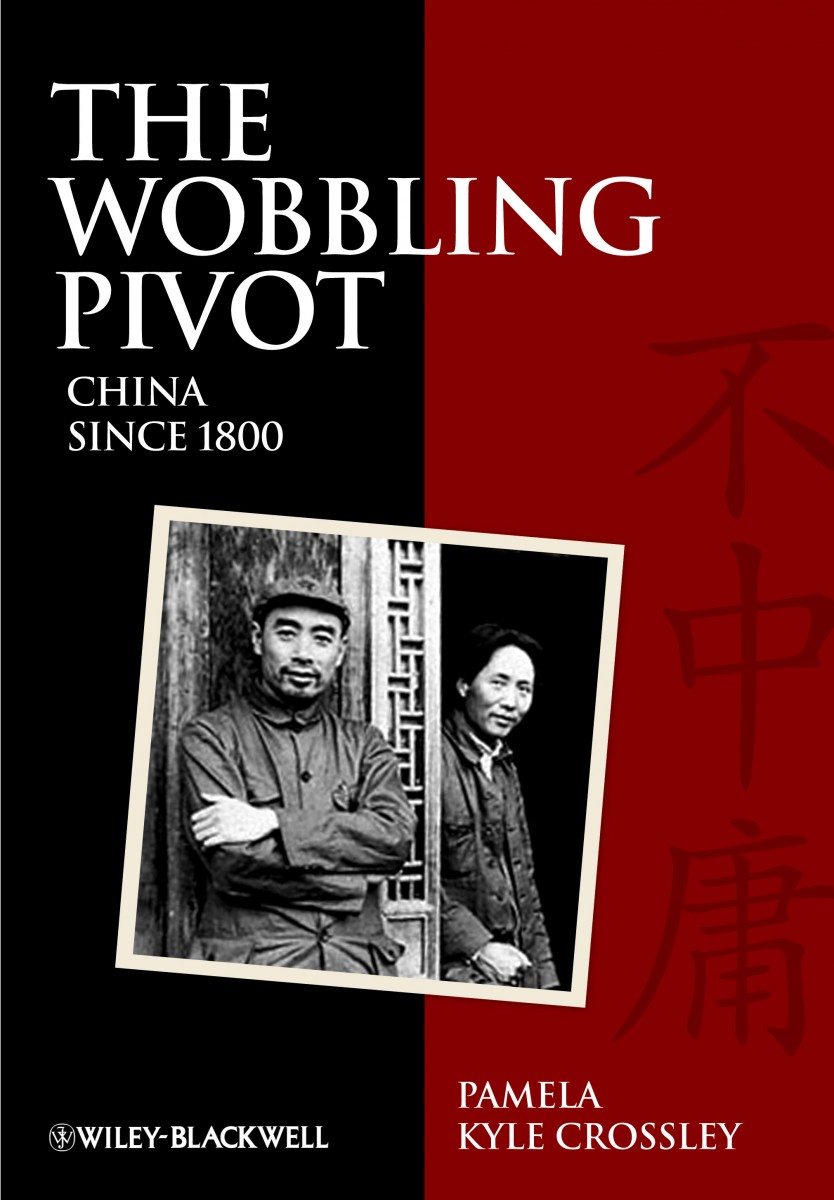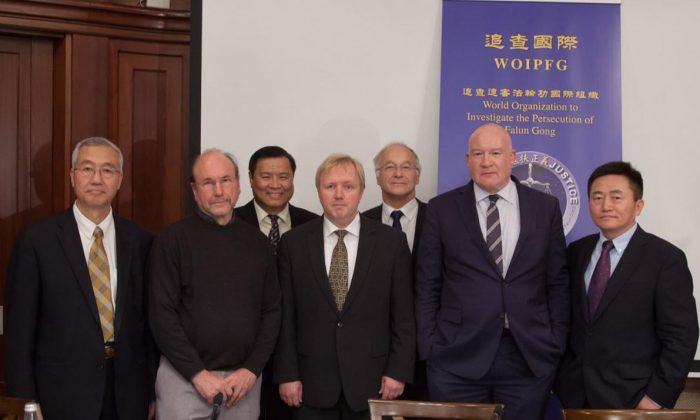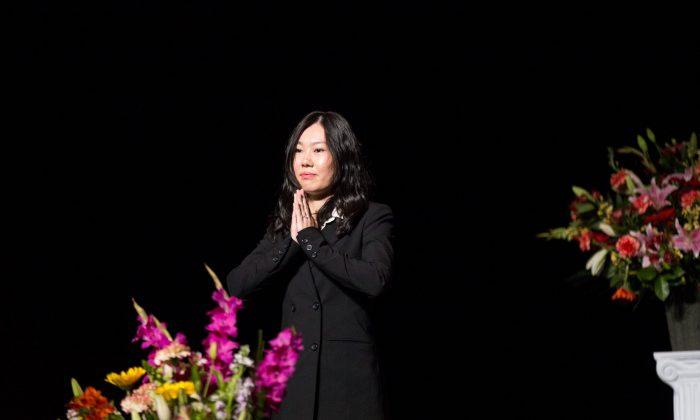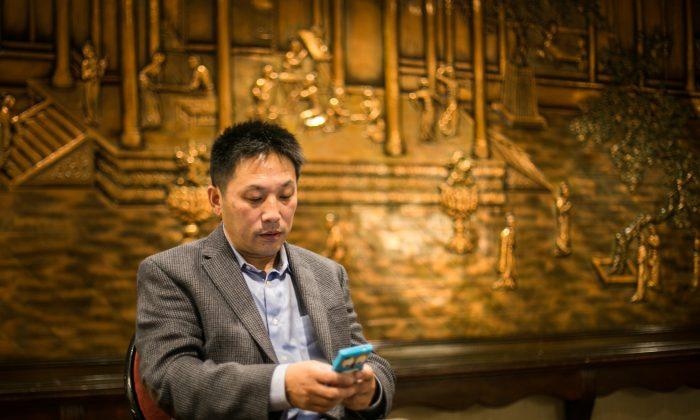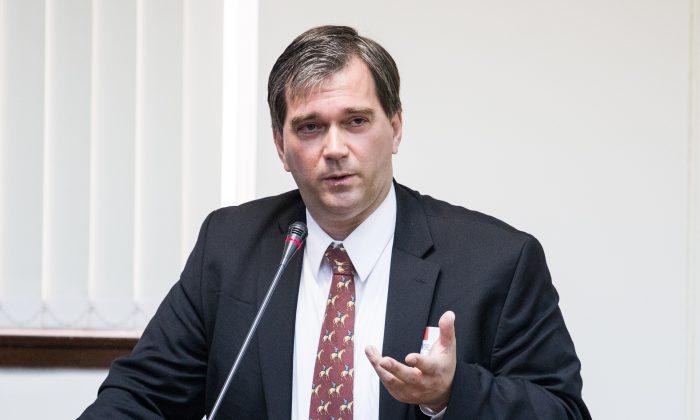Pamela Kyle Crossley, “The Wobbling Pivot, China since 1800: An Interpretive History,” Wiley-Blackwell (March 2010), pp. 328, ISBN-10: 9781405160803, $29.90.
It was these years of pummeling that laid the foundation for the darker history of the Great Leap Forward that was to follow. The author covers that, her death toll of 36 million having been just superseded by Dikotter’s grim 45.
In Crossley’s explanation of the Cultural Revolution she dismisses the popular idea that Mao alone was responsible for the atrocities of the period: “Mao struck the right note and provided many of the catchphrases, but the idea that without Mao there would have been no Cultural Revolution is as historically weak as supposing that without Hitler there would have been no Holocaust or World War II.”
But the reader is left thinking that, in fact, the individual in both those cases seems precisely the catalyst for the cataclysm.
Centralization and Localism
We are repeatedly taken back to the book’s main theme: centralization versus localism. The Cultural Revolution was born from the same model of radical destruction of local affiliations as the rest of the Party’s political campaigns.
“The process by which the CCP triumphed in China was one by which it worked as thoroughly as possible to transform the local societies it encountered from the ground up—using land reform to create a completely new object of loyalty among the poor farmers, killing landlords who would not cease playing the role of local magnates.”
